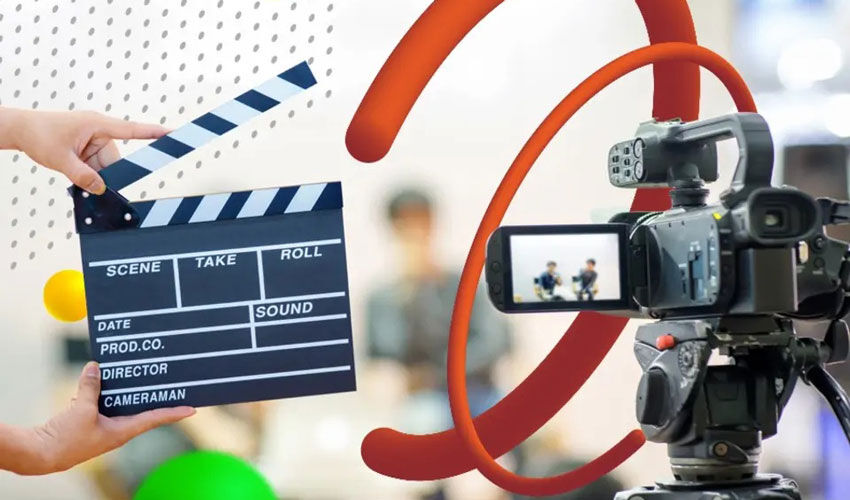
This was stated by Virgiliu Mergineanu, producer and chairman of the Moldovan Union of Cinematographers, speaking at the Regional Conference on Intellectual Property and Creative Industries.
“The point painful and heavy – at least in the film industry – is that today we are still lagging behind in the creation of a film registry, which has not been established so far. And without this registry, we cannot know exactly who and what values we have in Moldova. Moreover, Moldova is the only country that does not pay royalties for the use of films. I would like very much that, as intellectual property rights develop, including in cinema, filmmakers, directors, film authors, screenwriters – all of them become beneficiaries of these rights,” he emphasized.
Merjinianu gave an example of the functioning of the copyright system in neighboring Romania: “In Romania there is an association DACIN SARA, which registers – within the framework of the deposit by law – works in the field of cinema. And all filmmakers are members of this association and receive payments for copyrights. We are still among the laggards. But I hope we can catch up.”
In parallel with the already existing problems in the field of copyright, the development of artificial intelligence (AI) technology poses additional issues and risks for filmmakers. In this sense, the Chairman of the Union of Cinematographers touched on four key aspects.
“Transparency and labeling: when we use artificial intelligence, it is important to clearly indicate this fact. We have to be honest to ourselves, but also to the public and to our colleagues in the creative industries. This is the only way to maintain trust and respect.
Copyright protection: if AI uses our works, we need to get the authors’ consent – yes or no – and enshrine it in law. Without such a mechanism, authors risk losing control over their works.
Rights to AI-created works: we need to determine who owns the rights to AI-created works: the person who commissioned the work, the person who created it directly, or the technology. It is important to understand who benefits and who is responsible.
Legal liability and abuse prevention: if an actor’s image, voice or demeanor is used without consent, who should be held responsible for such infringements and how? Without a clear legal framework, AI can be used without restrictions, which is unacceptable,” said Virgiliu Mergineanu.
According to him, this topic is of concern to filmmakers, especially experienced directors, who find it very difficult to accept the participation of artificial intelligence in the creation of a movie.
“Cinema is the only creation or the only industry that unites all the other arts – literature, visual art, poetry, film, music and stage design. And when artificial intelligence begins to emerge to take over some of these specializations, some filmmakers may disagree. Of course, we cannot ‘barricade’ ourselves and refuse to accept artificial intelligence, because – whether we like it or not – it is rolling on us, and then it is necessary to find specific regulations and clear rules that will be observed, so that it becomes an assistant to filmmakers, not an obstacle,” concluded Mergineanu.













